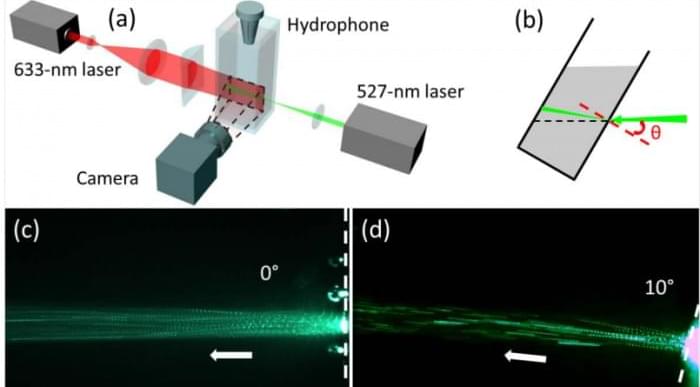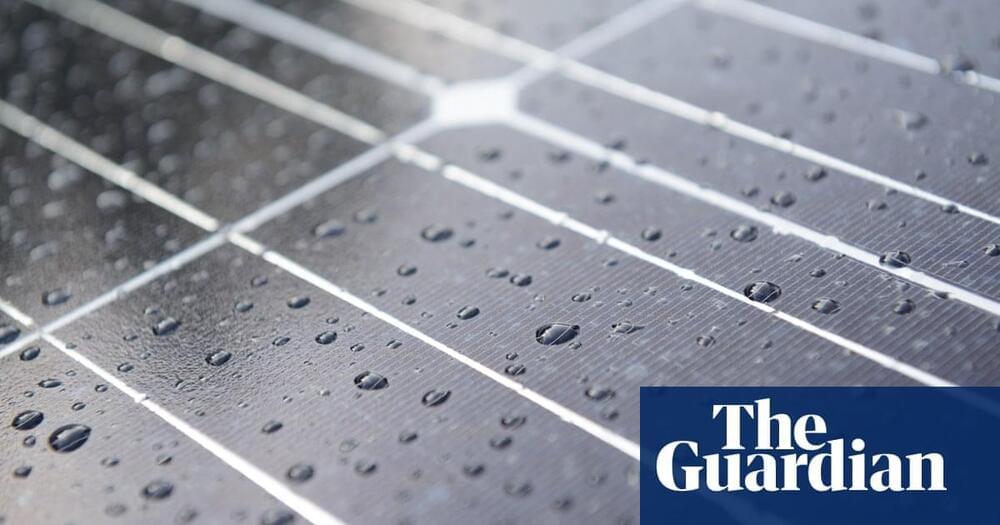Were you unable to attend Transform 2022? Check out all of the summit sessions in our on-demand library now! Watch here.
Artificial intelligence (AI) pioneer Geoffrey Hinton, one of the trailblazers of the deep learning “revolution” that began a decade ago, says that the rapid progress in AI will continue to accelerate.
In an interview before the 10-year anniversary of key neural network research that led to a major AI breakthrough in 2012, Hinton and other leading AI luminaries fired back at some critics who say deep learning has “hit a wall.”








